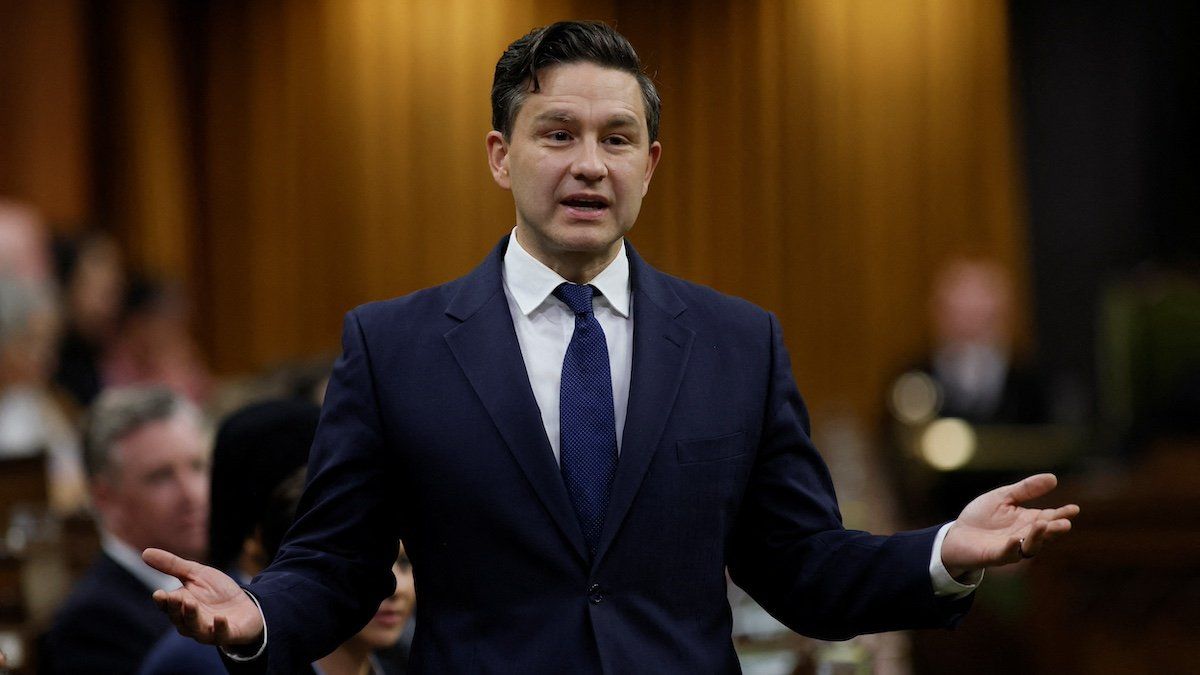While Trudeau was enjoying a New York broadcast, his opponent, Pierre Poilievre, was getting deeper into a fight with a Canadian broadcaster.
Poilievre’s Conservative Party announced Tuesday that it will no longer give interviews to reporters at CTV, the country’s top-rated private news channel. The Conservatives are furious about a Sunday report in which the network put together several clips of Poilievre speaking to present a misleading quote. The network apologized, but the apology did not go far enough for the Conservatives, since it presented it as an error, not an effort to deceive the public.
Poilievre’s disagreement with the broadcaster predates this incident. Last week, he celebrated the downgrading of the parent company’s credit rating. BCE, which owns CTV, is a landline and wireless phone company, and often the target of Canadians’ ire because of complaints about service.
Attacks like this on a big company, which employs 40,000, are unusual in Canadian politics and may be disquieting for BCE management, since Poilievre’s party may soon be in charge of its regulator. Poilievre often complains about Canadian media coverage of his party, alleging that outlets are tailoring their coverage because of subsidies from Trudeau’s government. He has often promised to defund public broadcaster CBC, but the new focus on Bell signals a wider and even more confrontational approach to media relations.
